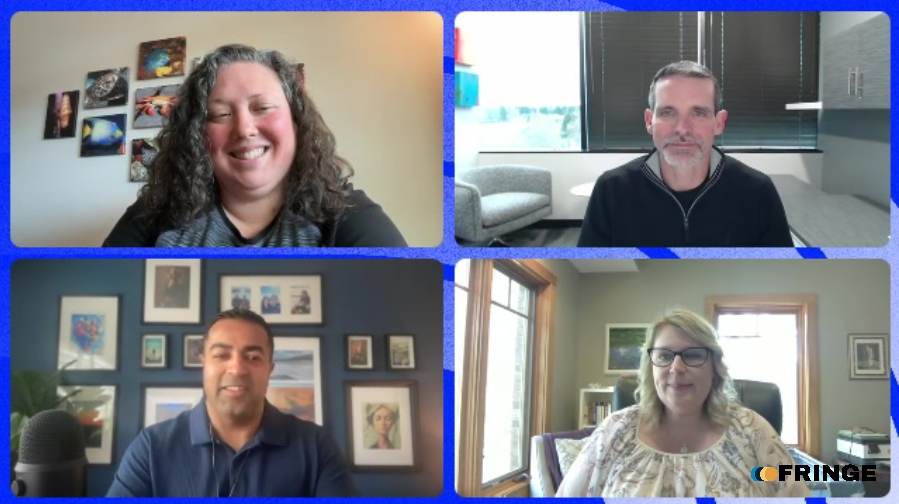Jan Roggen of Adhemar Law on change management and practical innovation
In 2012, Jan Roggen founded Adhemar.law, a Belgian environmental and real estate boutique law firm, recognized by clients, peers and legal 500. In 2015, he started exploring new service, delivery models. While doing so, he learned that he did not have the required business skills to effectively drive and lead innovation in the firm. So he took the leap and moved to Canada with his family to study innovation management at Queen’s University in Kingston, Ontario while managing the firm remotely. During his stay in Canada, he saw the Raptors win the NBA Championship and obtained additional certifications in Legal Project Management, Lean Six Sigma, Design Sprint Facilitation, and Wilderness and Remote First Aid.
Jan currently focuses on innovation and change management within the firm. In 2019, Adhemar.law was one of the 4 nominees for the 2019 Belgian Legal awards for the most innovative law firms. In addition, Jan is an expert in environmental law, expropriation law, and general public law. He advises private and public clients on the realization of infrastructure projects, area development, and other public and private industries, commercial and residential projects.
Outside of his law practice, he founded a non-profit that helps youth learn important problem-solving skills and build resilience through extracurricular activities.
SUBSCRIBE AND REVIEW: iTunes // Spotify // Pocket Casts // Stitcher
It’s been a special experience trying to guide a law firm through a change process remotely. We have a young law firm that’s very open to change. But even when everyone’s open to change, change management is very challenging and if you want to do it remotely, it’s even more challenging.
In the episode today, we discuss:
- The truth about change management; it’s hard even when people are open and accepting of it
- Challenges around running a law firm remotely
- How Jan’s firm created a “bottom-up” culture and instilled an environment where everyone is open to learning from each other. The most experienced lawyer learns something from the trainee and vice versa.
- Learning through experiments and having buy-in to get people to own what they do
- How knowledge management is making money for the firm, and provide a strong return on their investment to tools from companies like Litera
The main thing, which is very difficult in the legal profession, is to put your ego at the door and leave it at the door before you go in. Once you’re able to do that, everything’s possible. The thing for me that made it possible is that I was away – I had to stop micromanaging my own firm.
We’re trying to use everybody’s talents and knowledge. Instead of making some kind of a complete lawyer of everyone we tried to divide the work. We have some lawyers who are very good, very empathetic – they love being social, the extroverts. So we put them and the client-facing position.
Whereas there are other people who are really good at thinking, contemplating, and doing deep legal work – writing complex advice. So we put these two people together and let them handle one person to handle most of the clients and the other one most of the file.
Whereas in a traditional firm, you would have one person doing everything and then that one person would either not be very social, or not have a very good relationship with the clients.
Please subscribe, and if you enjoyed the episode help me by leaving a review.






Become a Fringe Legal member
Sign in or become a Fringe Legal member to read and leave comments.
Just enter your email below to get a log in link.